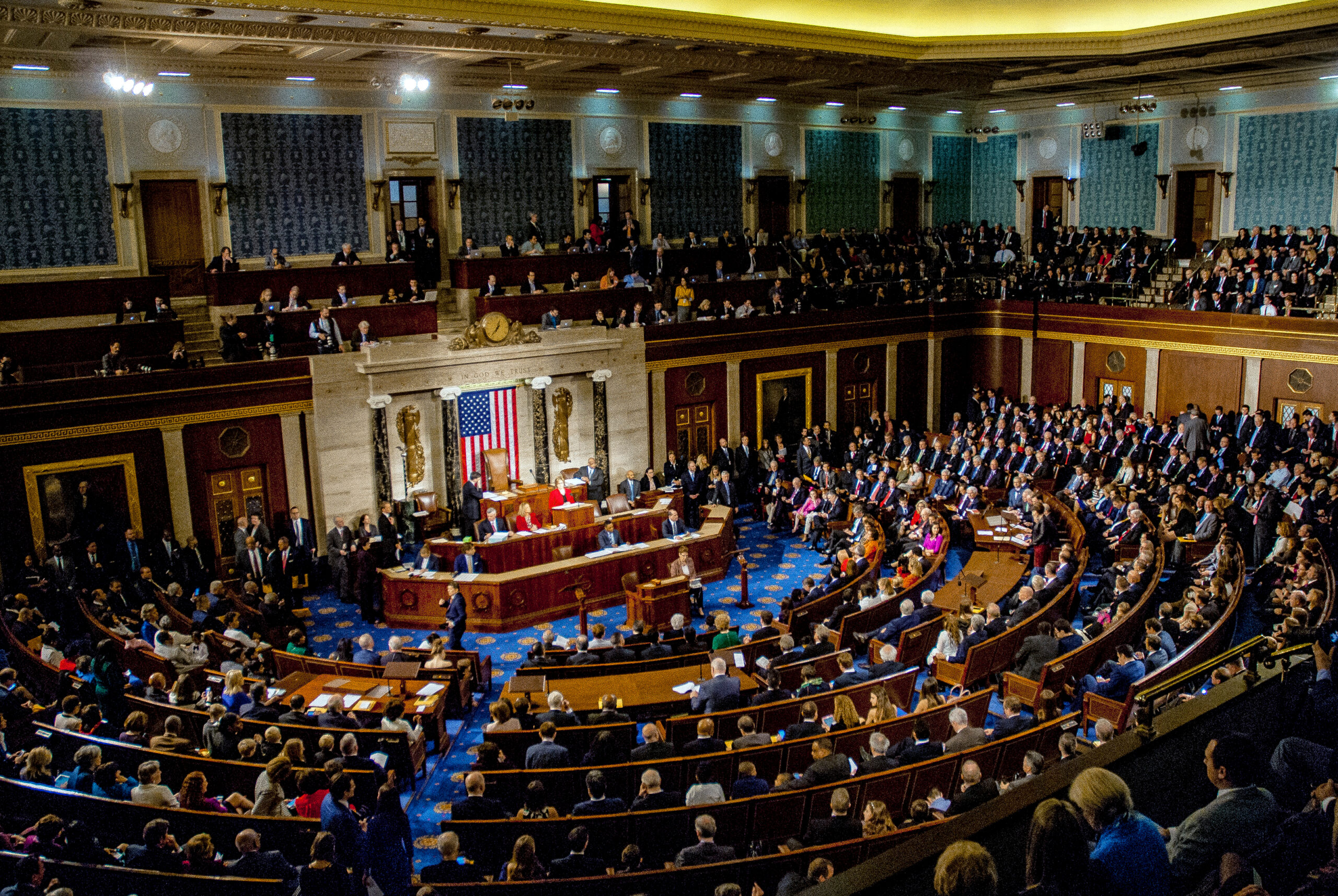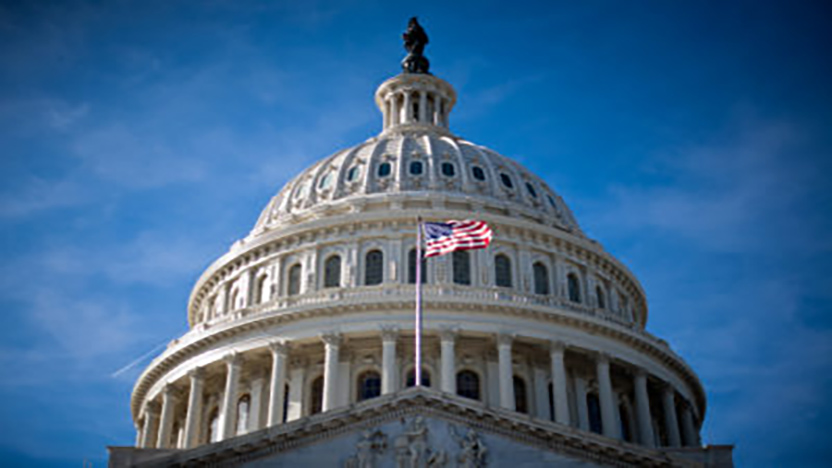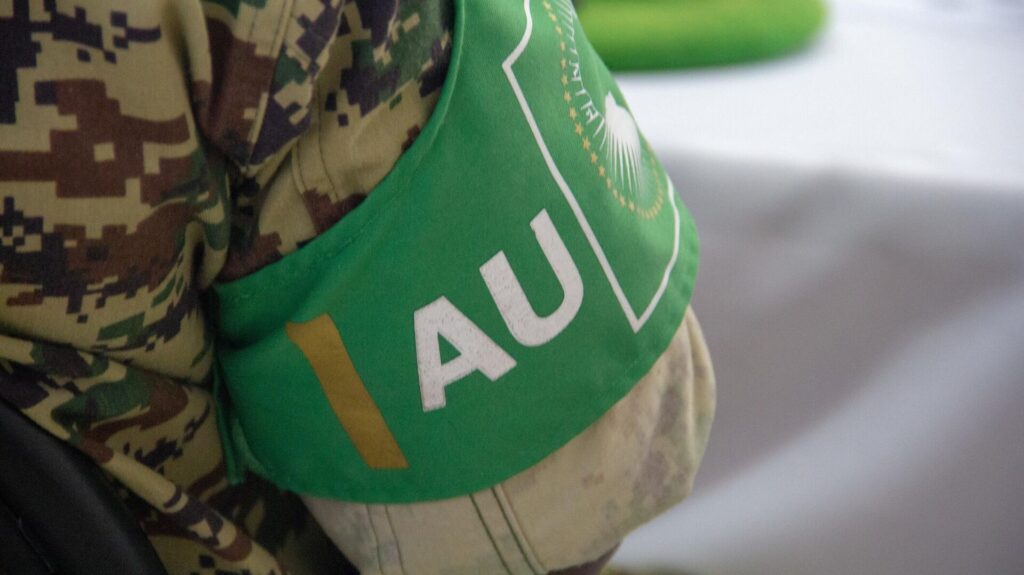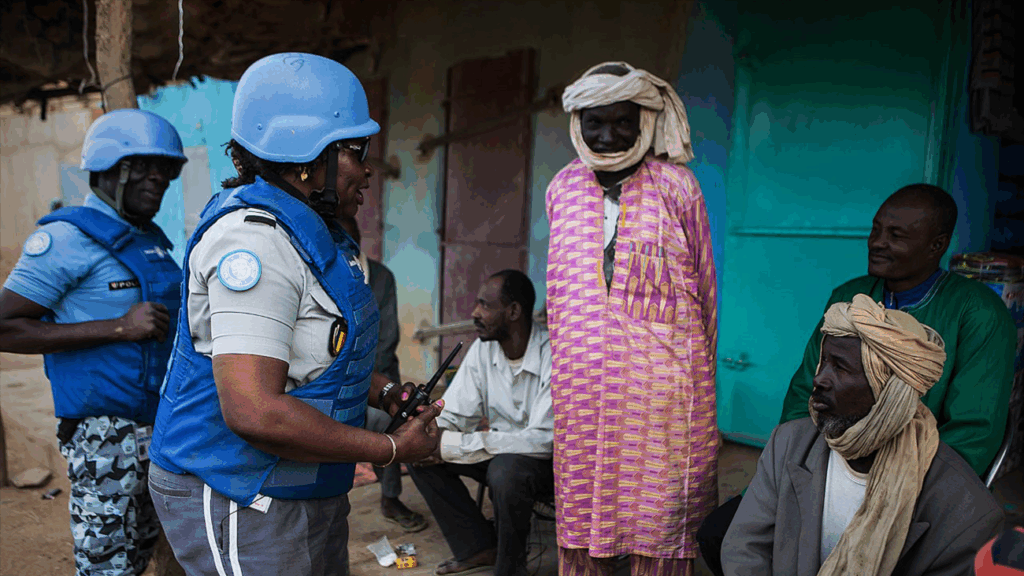It’s budget season on Capitol Hill. And if you think it’s hot outside, wait until you step inside the House and Senate chambers.
While the exercise of passing appropriations legislation can bring out extremes, this year represents some of the most draconian cuts to international assistance in U.S. history – that is, in the House version of the budget. On the other side of the Capitol, Senate lawmakers are pushing their own recommendations, meeting much of America’s financial commitments to our allies, but with some concerning gaps in the fine print.
Here’s a breakdown of what each bill does – and does not – provide.
On International Organizations
A significant chunk of support for U.S. participation in international, multilateral bodies falls within the CIO account – contributions to international organizations. This account is managed by the U.S. State Department and goes toward dues to the UN regular budget and assessed obligations to more than 40 UN specialized agencies and non-UN international organizations, including the International Atomic Energy Agency (IAEA), the World Health Organization (WHO), the North Atlantic Treaty Organization (NATO), and the Organization of American States (OAS).
In the Senate version of the FY24 appropriations bill, $1.62 billion is provided for the CIO account, with funds to support America’s reentry (and some back payments) to UNESCO. This sum ensures the U.S. can fully fund obligations to all the international organizations covered by CIO. The Senate bill also supports investments in the WHO and the UN Population Fund (UNFPA), and provides relatively robust voluntary funding for the core budgets of UN funds and programs within the International Organizations and Programs (IO&P) account.
By contrast, the House bill cuts the CIO account by 82%. For the first time in history, the bill calls for eliminating all funding to the UN Regular Budget, which would result in the U.S. losing its vote in the UN General Assembly. The bill also eliminates funding to dozens of UN specialized agencies; indeed, the House bill only provides budgetary authority to contribute to five international organizations – the IAEA, OAS, NATO, the International Maritime Organization (IMO), and the International Civil Aviation Organization (ICAO). Moreover, the House includes language prohibiting funding for WHO and UNFPA, and entirely eliminates the IO&P account. The IO&P funds support more than 20 UN entities like the UN Development and Environment Programs, UN Women, the UN Democracy Fund, the UN High Commissioner for Human Rights (OHCHR), and the UN Voluntary Fund for Victims of Torture.
For the first time in history, the House appropriations bill calls for eliminating all funding to the UN Regular Budget, which would result in the U.S. losing its vote in the UN General Assembly.
On Peacekeeping
While the Senate version is generally favorable for international organizations, their budget bill maintains a 25% cap on U.S. contributions to the UN peacekeeping budget. This means that – although U.S. obligations to peacekeeping are about 26.9% of the UN peacekeeping budget – Congress will only allow the U.S. to cover a quarter of that total. In the years the cap has been in place, the U.S. has accrued more than $1 billion in arrears to peacekeeping; by failing to lift the cap, that debt will continue to grow.
Fortunately, the Senate Committee acknowledges the damaging consequences of this funding gap, stating, “The Committee notes that the continued accrual of arrears undermines U.S. credibility and influence at the UN, particularly at a time when the People’s Republic of China is actively increasing its financial, human resources, and political influence in the UN system.”
“The continued accrual of arrears undermines U.S. credibility and influence at the UN, particularly at a time when the People’s Republic of China is actively increasing its financial, human resources, and political influence in the UN system.”
On Global Health
Global Health Programs provide funding for a variety of bilateral and multilateral programs, including malaria, global immunization, HIV/AIDS, global health security, family planning, and nutrition.
In the Senate bill, more than $10.2 billion is assigned to State and USAID global health programs, representing a decrease of $292 million from FY23 levels. The bill’s $1.65 billion in funding for the Global Fund also reflects a $35 million decrease from last year’s budget. However, this decrease represents a broader $2.3 billion shortfall in the Global Fund’s Seventh Replenishment and the U.S. matching requirements that for every $1 U.S. dollar contributed, $2 come from other donors. Senate report language states, “should sufficient matching contributions be available, the Committee intends to honor the $6,000,000,000 U.S. pledge for the seventh replenishment.”
The Senate bill increases global health activities at USAID by $57 million from last year’s budget, including $300 million for Gavi, the Vaccine Alliance, and $85 million for polio eradication. The bill also appropriates $900 million for global health security and allows funding for the new Pandemic Fund to strengthen the ability of developing countries to increase public health capacity that identifies and stops infectious diseases before they become costly outbreaks that can spread regionally or globally. This funding is in addition to the $100 million for the Coalition for Epidemic Preparedness Innovations.
On UN Reform
The House bill restores a pre-2021 provision that requires the State Department to withhold 15% of all contributions to the UN, international organizations, or UN agencies until and unless those entities publicly share programmatic and financial audits, enforce protections for whistleblowers, and restrict first-class and business travel by staff. While this appears to be sound practice, this language has been used in the past to unnecessarily delay UN funding. As such, in FY21, Congress struck these requirements in favor of other measures to ensure accountability and transparency. While the current House bill restores the language, the Senate bill rejects the withholding language in favor of more effective reporting requirements.
On Americans in the UN
As an important add to FY24 funding, investments are being made to bring more Americans into the UN family. Specifically, the Senate bill sets aside $10 million to place U.S. citizens in the Junior Professional Officer Programme and stipulates that not less than $2 million from the Diplomatic Programs account “shall be made available to enhance the competitiveness of United States citizens for leadership positions in the United Nations system.” (Notably, last year, UNA-USA announced a first-of-its-kind initiative providing financial support for American undergraduate interns at the UN.)
Other Insights from the Senate Bill
- UNICEF (IO&P funds): $145 million ($3 million above FY23)
- PMI (President’s Malaria Initiative): $795 million (matches FY23)
- Gavi, the Vaccine Alliance: $300 million ($10 million above FY23)
- UNDP (IO&P funds): $86.55 million ($5 million above FY23)
- UNFPA (IO&P funds): $35.1 million ($2.6 million above FY23)
- OHCHR (IO&P funds): $18.25 million ($750,000 above FY23)
- UN Women (IO&P funds): $12 million (matches FY23)
- UN Environment Programme (IO&P funds): $10.2 million (matches FY23)
- CDC Global Health: $692 million (matches FY23)
- Intergovernmental Panel on Climate Change (IO&P funds): $18 million ($3 million above FY23)
What’s Next
While it remains to be seen how the House and Senate will reconcile their radically different proposals over the next couple months, one thing is clear: America could make history this budget season – not the good kind.
But we also know that the American people are adept at making history of our own.
Just last week, in fact, the U.S. rejoined UNESCO after a decade on the sidelines. Our experience leaving UNESCO taught us two things. First, that disengaging in global conversations by failing to fund multilateral organizations is really poor policy. When we don’t participate, we miss out on debates that impact us right here in America, and we cede our seat at the head of the table, allowing other nations to fill the void.
Secondly, advocacy matters. For a decade, advocates and lawmakers worked together to make the case for American engagement with and investment in the UN. And it worked.
We can do it again.
So once you get up to speed on all the details of the House and Senate bills, get busy on the phone and on email to make sure your voice is part of a growing chorus in support of full UN funding. Our global investments reflect less than 1% of the U.S. budget – and the heart of American values.





